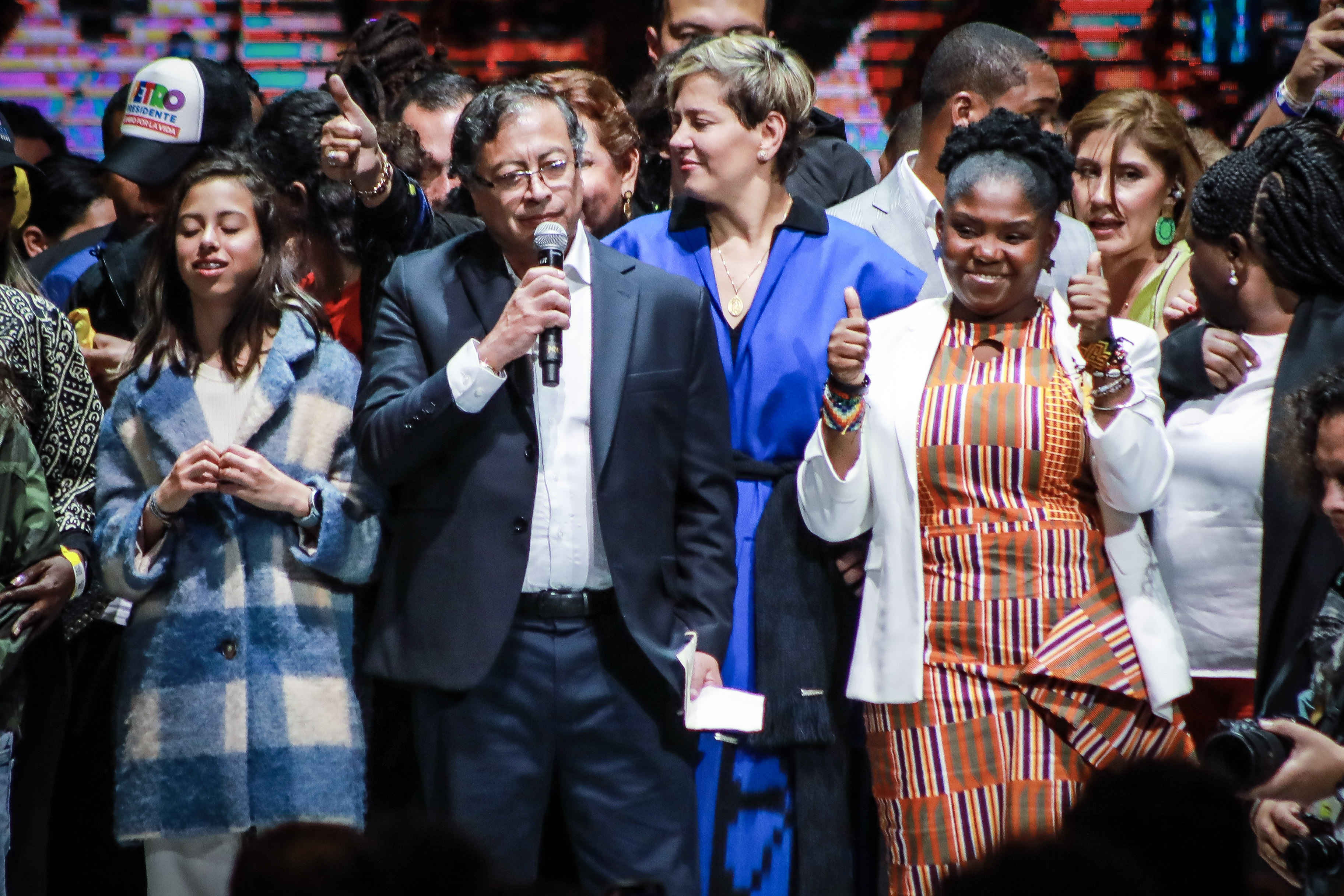
The Left wins the presidency in Colombia
Gustavo Petro won a historic victory, as it is the first time a leftist candidate will become president. He will govern from 2022 to 2026.
In his victory speech, delivered before some six thousand supporters and some 150 journalists, Colombia's new President-elect, Gustavo Petro proposed to the United States and other governments of the Americas "to accelerate the steps for the energy transition" as a way to save the planet from the crisis generated by climate change.
"We can propose a dialogue in the Americas without excluding any people, any nation. The time has come to sit down with the U.S. government and dialogue (...) Why don't we establish another way of understanding each other?" he said amid applause at the Movistar Arena coliseum in Bogotá.
Petro also referred to the diversity of the continent: "Latin America is also Afro-America, indigenous America, Anglo-Saxon America."
Going into Sunday, June 19's presidential election, most polls showed a technical tie between Gustavo Petro and Rodolfo Hernandez, who reached the second round after receiving the two highest vote counts on May 29. Petro got 11,281,013 votes, while Hernández garnered 10,580,412. Blank votes were 501,987, representing 2.24%,
On Twitter, Hernández wrote: "I called Gustavo to congratulate him for the triumph and offer him my support to fulfill the promises of change for which Colombia voted today. Colombia will always count on me."
In turn, President Iván Duque who ends his term on Aug. 7, also made a statement on Twitter. "I called @PetroGustavo to congratulate him as president-elect of Colombians. We agreed to meet in the coming days to start a harmonious, institutional and transparent transition," he wrote.
People waited patiently for the arrival of Petro and Francia Márquez, the second Colombian to hold the vice presidency and the first Afro-Colombian. Around 7 p.m., Márquez appeared.
"215 years later the people take power," she said as the attendees applauded and shouted her name.
She also recognized the excluded and the victims of the armed conflict, like her. She was accompanied on stage by her family, Petro's family and other political leaders.
The president-elect spoke for more than 40 minutes, interrupted by people shouting "Yes we could." Petro invited his opponents to make an agreement to get the country out of the crisis and achieve peace.
"It is not killing each other. It is to love each other," he said.
RELATED CONTENT
He also said that "we have to build a democracy based on allowing the existence of a pluralism of consciences, an ideological pluralism, a pluralism of colors, an economic pluralism."
In another part of his speech, he referred to capitalism, one of the issues his opponents have flown as a banner, hinting he would follow Hugo Chávez's policies.
"We are going to develop capitalism in Colombia, not because we worship it, but because we must first overcome pre-modernity, feudalism," he said.
Petro has been mayor of Bogotá and one of Colombia's most prominent senators. Colombia has never before had a leftist head of state. On March 13, during the congressional elections, the Historic Pact achieved the highest vote, also an unusual event in Colombian politics.
In the 1980s, Petro was a member of the M-19 guerrilla, a non-Marxist left-wing armed organization that in 1990 signed a peace agreement and laid down its arms. As part of that negotiation, a Constituent Assembly was convened, which reformed the country's Constitution in 1991.
Petro's running mate was Francia Márquez, an Afro-Colombian leader and victim of the armed conflict. She is the first Black woman to be vice president of Colombia.
Petro's victory implies an important change in the political map of the continent, adding to the victory of Gabriel Boric, in Chile, and Xiomara Castro, in Honduras, asserting a new left in the region. They could be joined by Luiz Inácio Lula Da Silva, the favorite in the October presidential elections in Brazil.
Internally, it means the effective implementation of the peace agreement with the extinct FARC signed in 2016, but tepidly applied by the current government, whose Democratic Center party opposed the peace negotiations. It implies a profound agrarian reform to benefit millions of peasants who were victims of the war and the presence of the state in several regions in the hands of illegal armed organizations.
It also represents changes in social and economic policy, the defense of the environment, the suspension of fracking and a 12-year energy transition process. Likewise, it will promote the revision of free trade agreements and the promotion of a new industrialization of the country. Also on the agenda is a review alongside the United States of its anti-narcotics policy, the return to multilateralism in international policy and the thawing of relations with Venezuela, which has drastically affected the border populations.



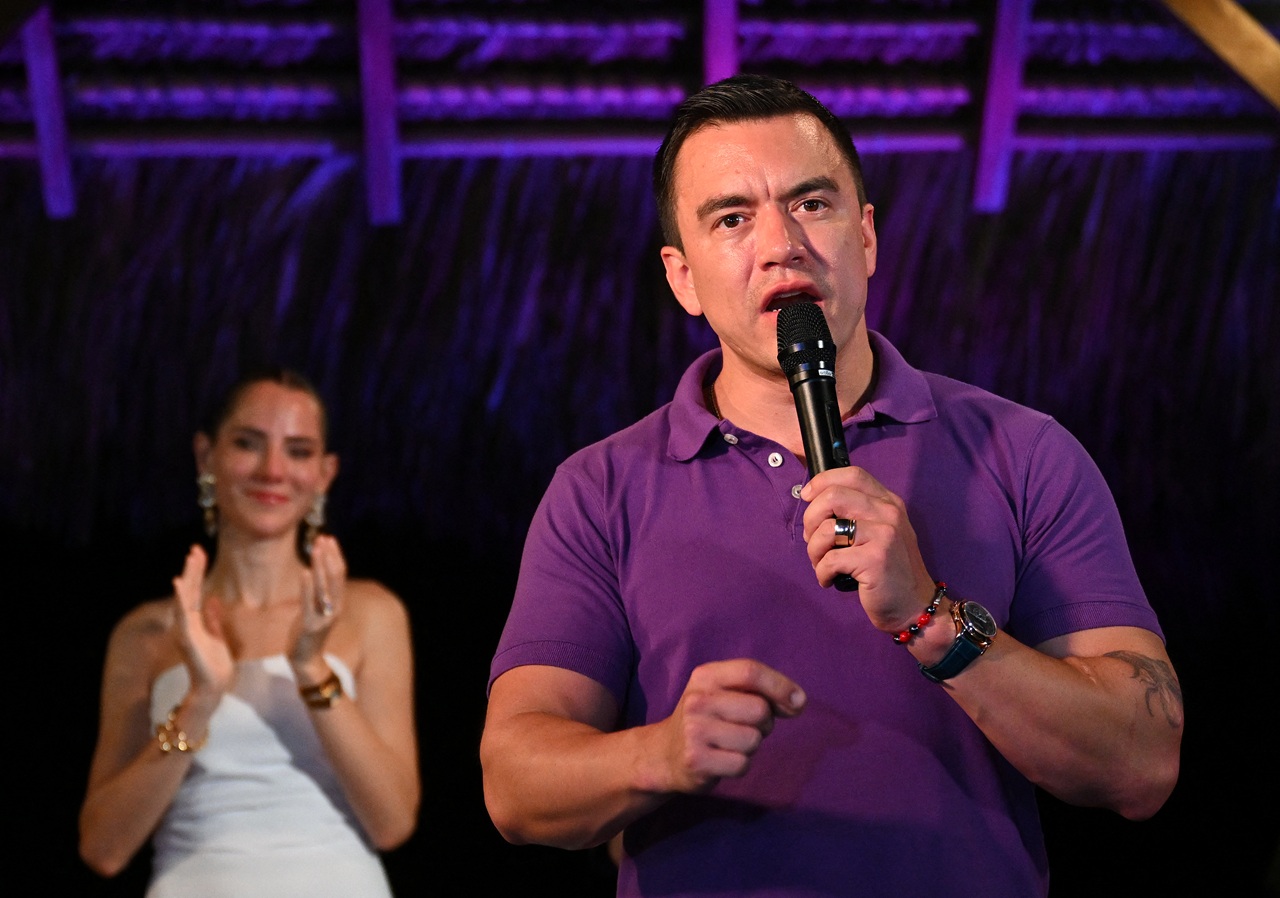

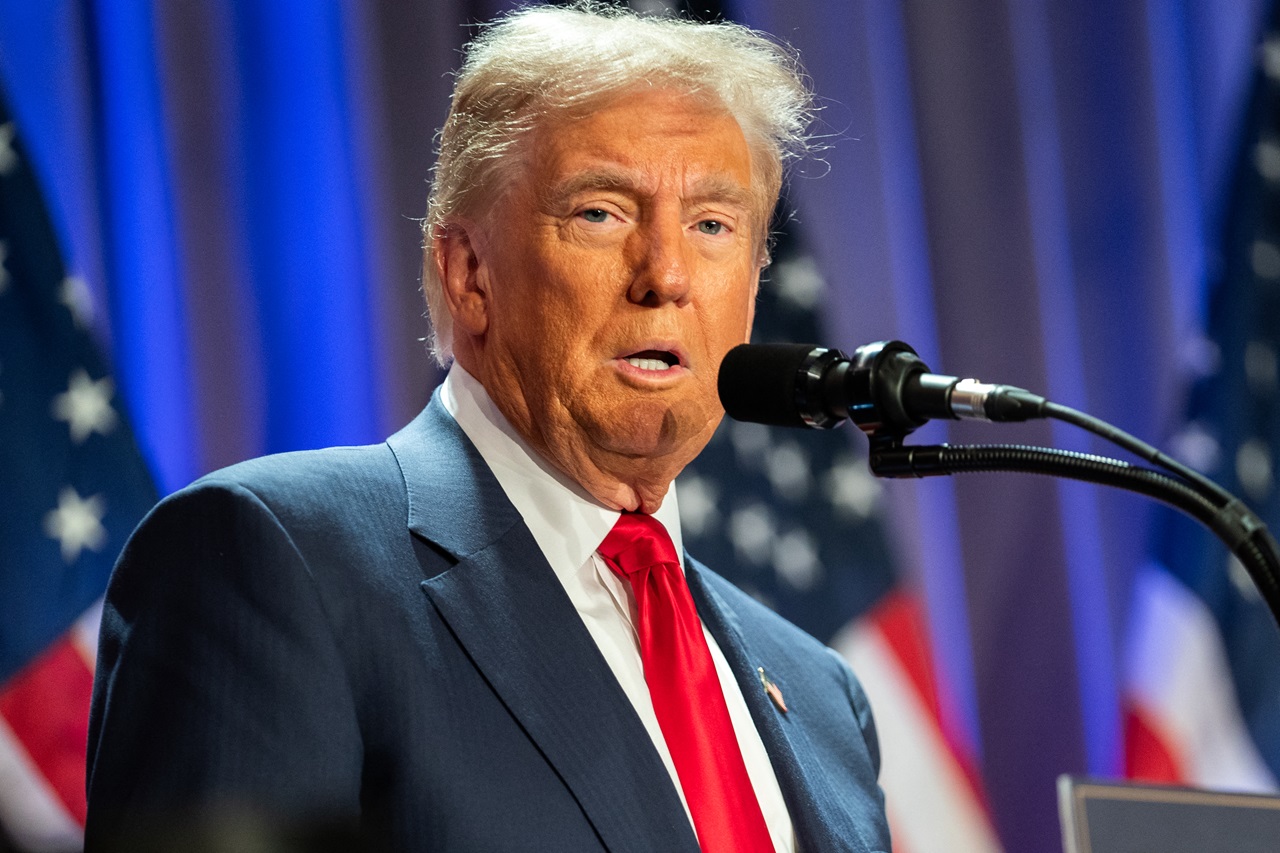
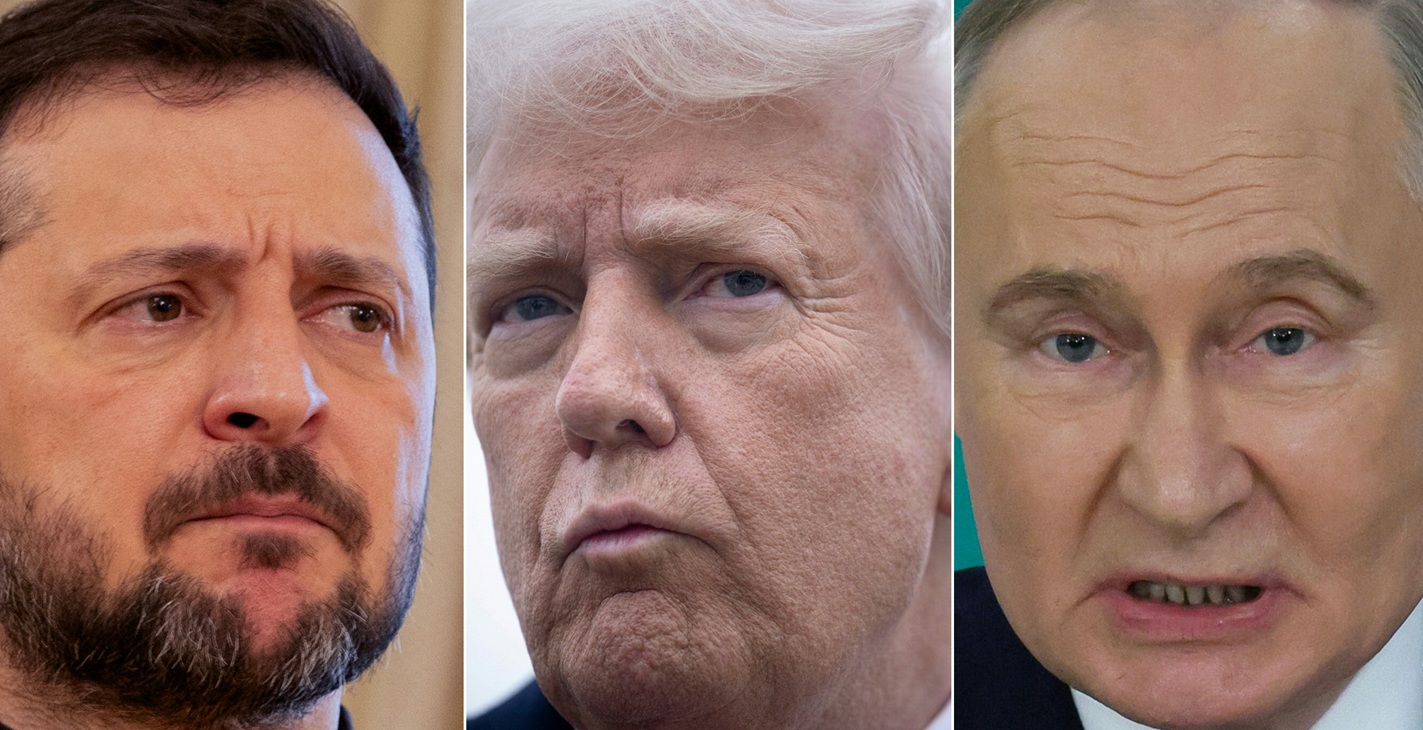

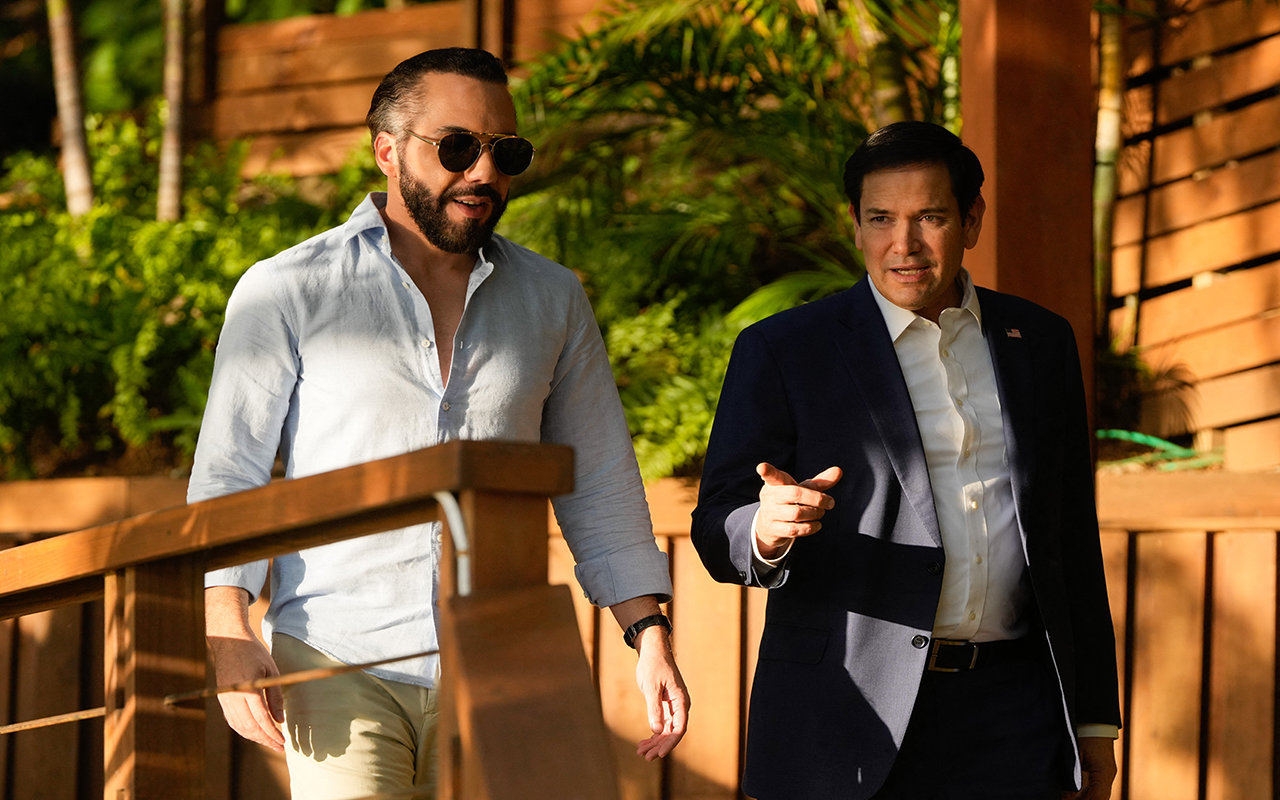

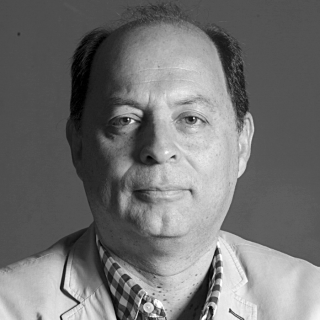
LEAVE A COMMENT: